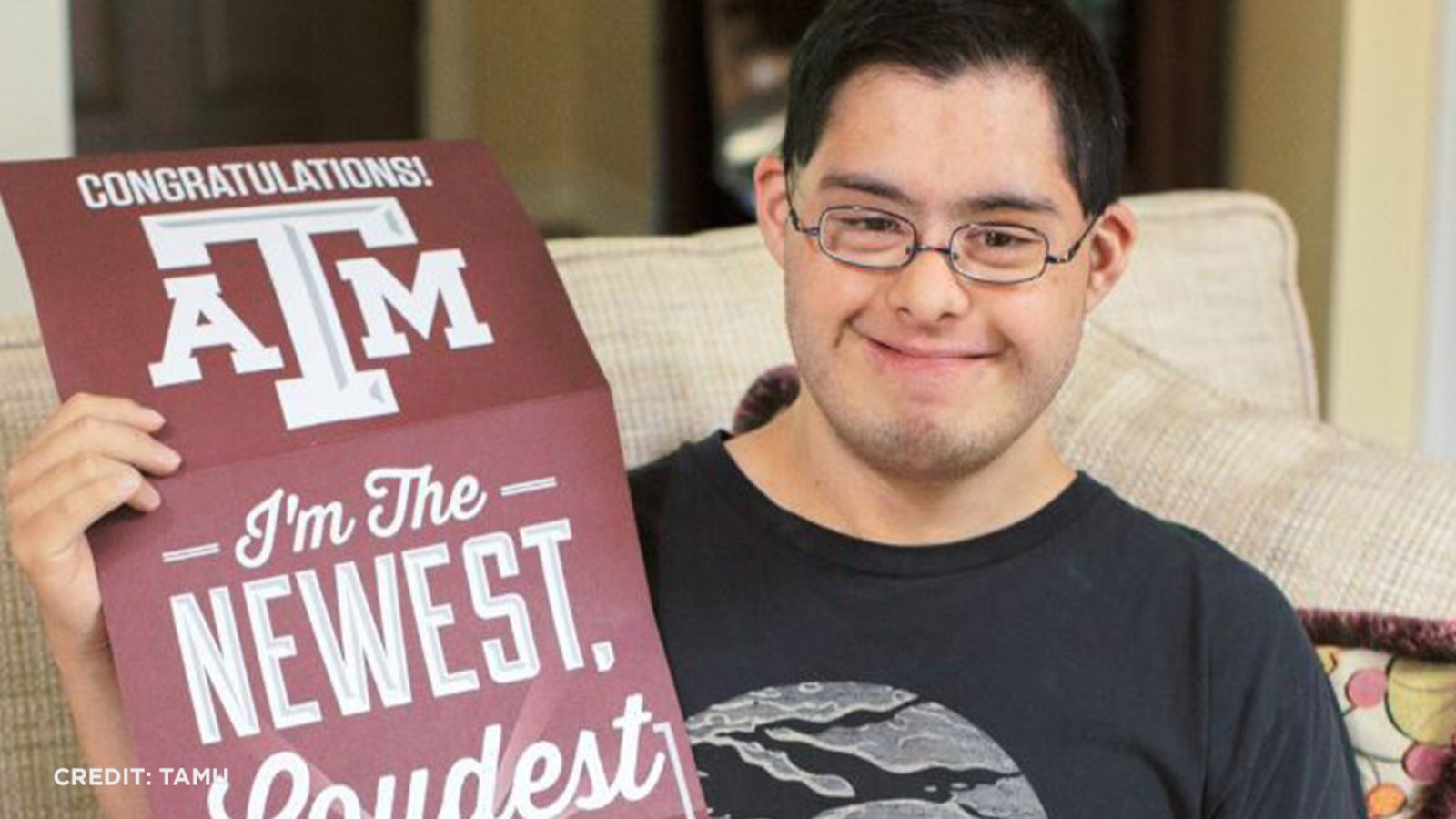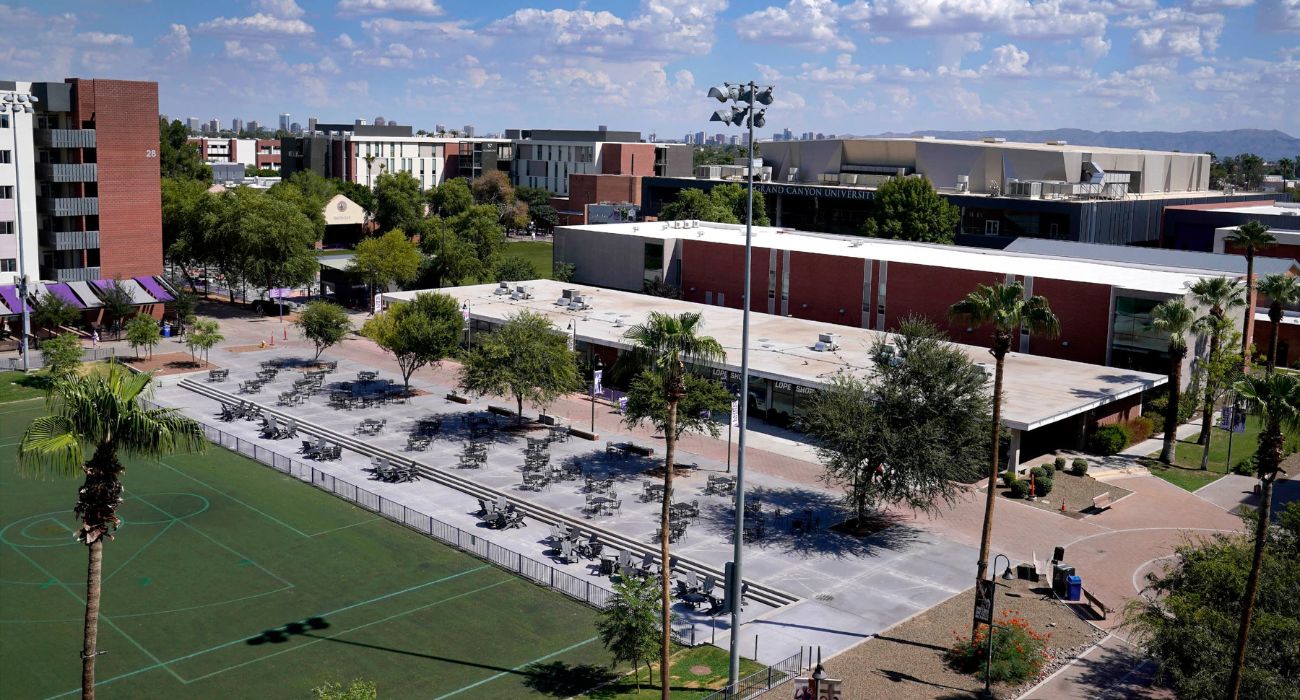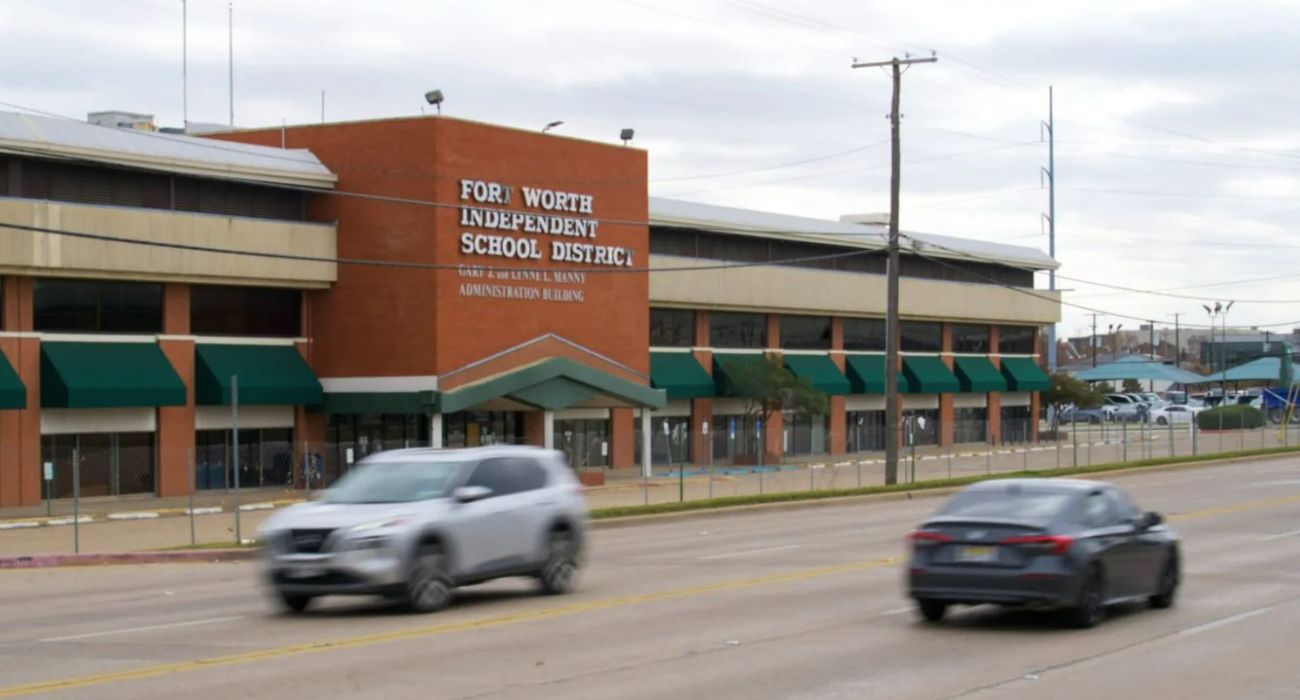Texas A&M-San Antonio is set to become the hub for a first-of-its-kind Autism Institute. The facility will offer vital autism services to residents of Bexar County.
The Centers for Disease Control and Prevention (CDC) reported that roughly one in every 44 eight-year-olds was diagnosed with autism in 2018, with the Hispanic community hit the hardest.
“One of our initiatives is to help with the assessment and the evaluation process,” said Sarah Minner, director of the Institute for Autism and Related Disorders (IARD) at Texas A&M-San Antonio.
Minner described IARD as a “multi-faceted” hub for those diagnosed with autism.
The CDC’s 2021 community report on autism stated that “studies have shown that stigma, lack of access to healthcare services, and non-English primary language are potential barriers to the identification of children with ASD (autism spectrum disorder), especially among Hispanic children.”
CDC data reported there were roughly 30,000 people diagnosed with autism in San Antonio in 2021.
One of the issues dealt with by those with autism is the wait time they must endure to get a proper diagnosis. Autism Lifeline Links (ALL) reported that more than 1,000 families are on the waitlist for a formal assessment and diagnosis in Bexar County.
“We’re hoping to shorten the waitlist by providing direct services to students and for individuals in the community while also growing clinicians here on campus,” said Minner.
The average wait time for families is between a year and 18 months, time lost during a critical developmental stage for children.
“If you get children evaluated sooner and access to services sooner, they’re going to have greater long-term outcomes with regard to employment rates, being able to live on their own, care for themselves,” said Minner.
The new institute will feature a free clinic and a mobile bus to go out into the community for on-site assessments.
Making services available to adults who aged out of the school system is a big priority for the institute.
“There is a need for long-term services and support. We’re talking about adults with disabilities who need funding for services such as wheelchairs, for day-rehabilitation programs,” said Minner.







The kid in the picture for this article is not an autistic kid. That is a kid with Down Syndrome!!